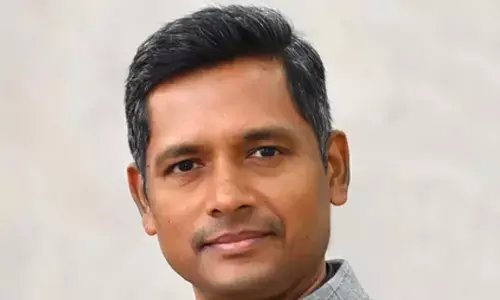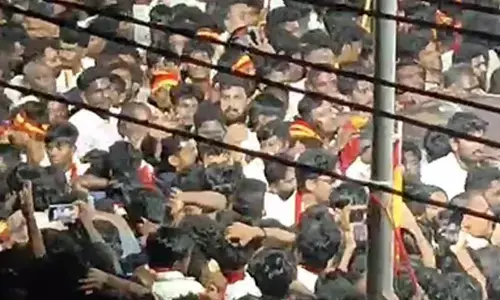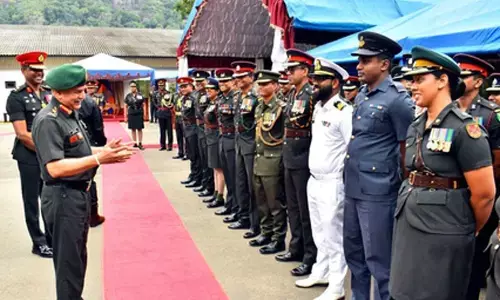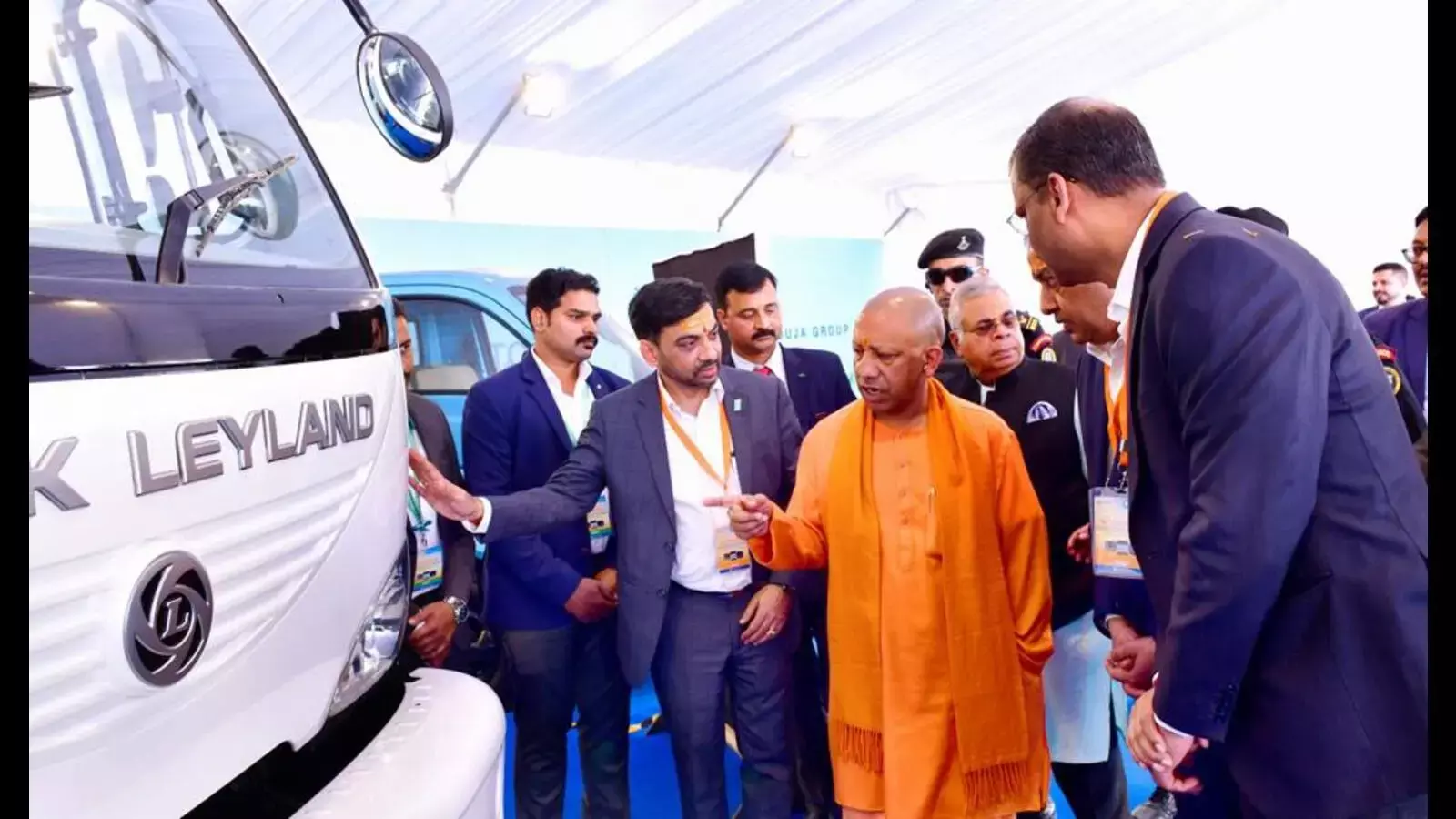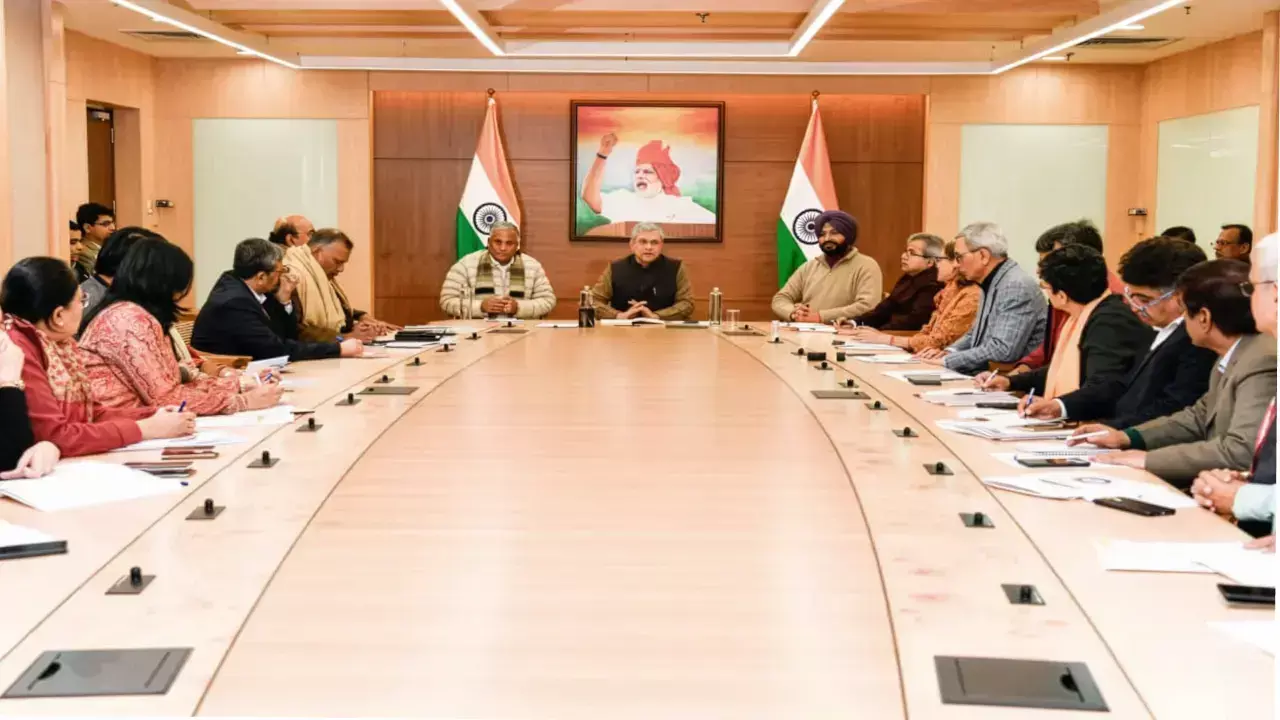Imran Khan authorised force against TLP but Pakistan military opposed
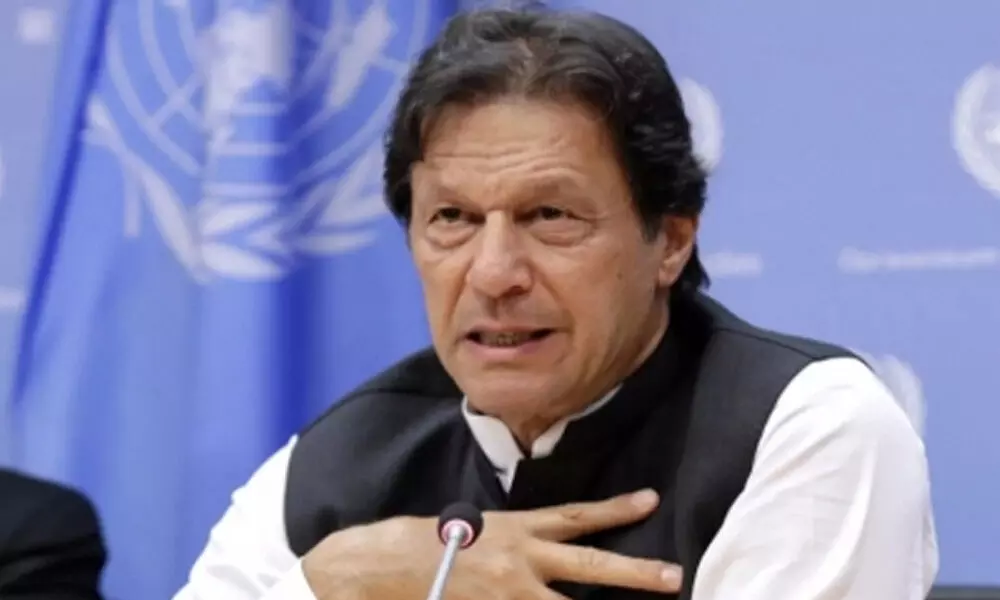
Pakistan Prime Minister Imran Khan
The Pakistan military leadership had advised against the use of force against the Tehreek-i-Labbaik Pakistan (TLP) protesters after Prime Minister Imran Khan had authorised it, Dawn reported.
New Delhi: The Pakistan military leadership had advised against the use of force against the Tehreek-i-Labbaik Pakistan (TLP) protesters after Prime Minister Imran Khan had authorised it, Dawn reported.
According to sources privy to the fast-paced developments taking place, the Pakistan prime minister had authorised the use of force against the TLP marchers. Once this authorisation was relayed, the Pakistan military leadership reviewed the operational dynamics and possible consequences of using force against the crowd. They calculated what it would entail to apply force against the marchers, and how many casualties could take place if the law enforcers were to use the last resort and open fire on those refusing to disperse. The leadership also factored into this calculation the probable blowback of casualties and its impact on public opinion.
According to sources, Army Chief General Qamar Javed Bajwa presented all the pros and cons of using force against TLP workers when the political and military leadership gathered to discuss the issue at the National Security Committee meeting that took place on October 29.
People who know the details of this meeting have confirmed to Dawn that the army chief said if the decision-makers were ready to pay the price for using force against the TLP, then the military would do as ordered. However, mention was made of the previous instances where the government had used force against citizens -- Lal Masjid and the Model Town incident -- and participants of the meeting were reminded of the consequences of both episodes.
By the time this meeting took place however, the government had already taken a tough line and Information Minister Fawad Chaudhry had quoted the prime minister as telling the cabinet on October 27 that the government would not allow anyone to take the law into their hands and challenge the writ of the state.
The military leadership, however, advised against the use of force arguing that it was not a solution. It was then decided to opt for a negotiated settlement in order to, as one source put it, 'avoid bloodshed'. This is when Mufti Muneeb-ur-Rehman was identified as someone who could mediate an agreement given his standing as a senior Barelvi cleric.
After having taken the political leadership on board, the Pakistan government has in principle decided to make public the agreement it signed with the TLP but kept secret till its implementation was well under way.
Participants of the briefing told Dawn the senior military officials informed them about how the agreement came about and why it was decided to keep it secret for this long.
According to these officials, the primary objective was to get the TLP protesters off the streets so the situation could return to normal. In this context, there was a concern that unveiling the contents of the agreement at an early stage could have triggered a public debate that may have impeded its implementation that in turn was linked with the ending of the protest.








